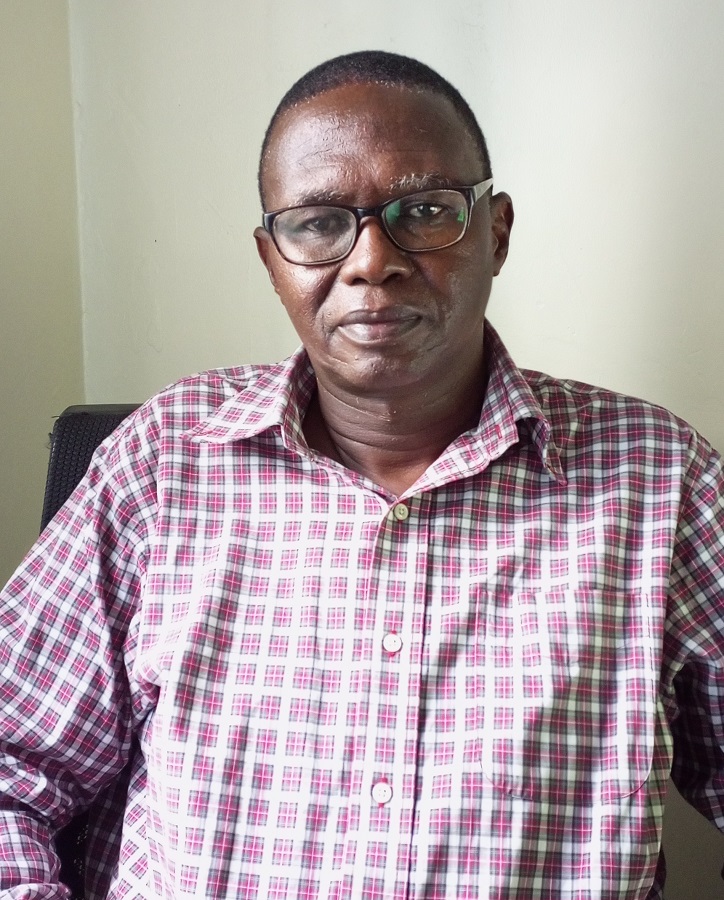ALI BALUNYWA: Building Employee Financial Resilience- the Case for Setting Up and Growing an Employee SACCO

In today’s dynamic and competitive business environment, the concept of financial well-being has gained significant traction as organizations seek to enhance employee engagement, productivity, and retention.
In a bid to promote financial well-being and empower Employees with a sustainable Saving and Credit platform, many companies are increasingly turning to the establishment of Employee Savings and Credit Cooperatives Societies (SACCO’s). These SACCO’s are not only fostering a culture of financial discipline and resilience but also serving as a vital tool for economic empowerment among employees.
Today, we highlight the success story of Airtel Uganda’s journey towards setting up and growing their Employee A’SACCO, a move that has proven to be a game changer in enhancing financial resilience among the workforce.
Recognizing the importance of financial stability and the need to provide employees with avenues for savings and affordable credit, Airtel Uganda management embarked on the ambitious project of establishing an Employee SACCO.
Through collaborative efforts from senior management, HR, and dedicated employees, the A’SACCO was launched in May 2012, with the aim of promoting a savings culture and fostering financial inclusion within the organization. As fate would have it as well as timing, the “Visiting” Airtel Group Chairman Mr. Sunil Bharti Mittal upon hearing about the idea donated the starting seed capital of 77 million shillings to support the SACCO’s initial set up, and later the outgoing MD, Mr. VG Somasekhar as a parting gift to employees gifted the A’SACCO 52 million shillings to be held in perpetuality, keeping the principle amount intact, but the interest generated from its investment to be used to support the A’SACCO members in need as deemed fit by the leadership.
12 years on since its inception, the A’SACCO has witnessed remarkable growth, both in terms of membership (Over 700 members present), and financial assets (Over 14 billion shillings to date). Employees have embraced the SACCO as a reliable and transparent platform for saving towards their goals (Over 12 billion shillings is saved annually), accessing affordable credit for emergencies (Over 6 billion shillings is given out as loans annually), and even investing in income-generating projects.
Moreover, the Employee SACCO has not only strengthened the financial well-being of its individual members but has also contributed to fostering a sense of community and solidarity among employees. Through regular meetings, financial literacy workshops, and social events organized by the A’SACCO, employees have been able to support and learn from each other, creating a more cohesive and empowered workforce.
Since the A’SAACO is run by employees directly and is independent from the founding organization, this has instilled a sense of ownership and responsibility among the leadership appointed to run on an elective term of 2 years. This has created a win-win situation for both the employees and the company.
As more companies recognize the benefits of establishing Employee SACCO’s in promoting financial resilience and employee engagement, the success story of Airtel’s A’SACCO, stands as a shining example of how organizations can empower their workforce through inclusive and sustainable financial initiatives.
In conclusion, the journey of Airtel Uganda in building its Employee financial resilience through the establishment and growth of their Employee SAACO serves as a testament to the transformative power of collective savings and credit initiatives in the fostering of a financially secure and empowered workforce. It is a reminder that investing in the financial well-being of employees is not only a strategic move for businesses but also a crucial step towards building a more resilient and prosperous society.
The Author is Airtel’s Sales and Distribution Director, and current Chairperson of A’SAACO (Airtel Uganda’s employee run SACCO)





